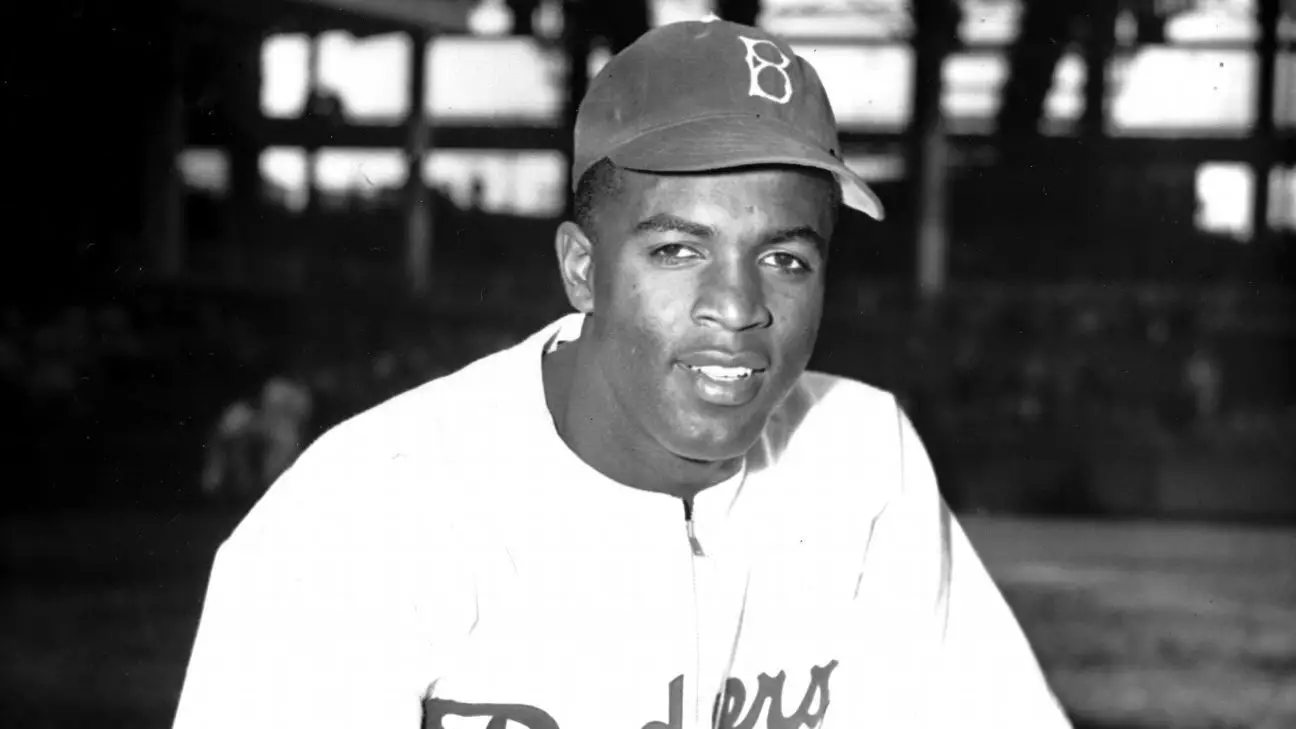Recently, the Department of Defense’s (DoD) website faced significant scrutiny when an article celebrating Jackie Robinson’s military service was inexplicably removed. In an era where Diversity, Equity, and Inclusion (DEI) initiatives are under fire, this incident highlights the deeper societal challenges we face in recognizing individual contributions beyond race and background. The Pentagon’s decision to originally delete this article, replacing it with a URL that hints at a disdain for DEI messaging, raises questions about the importance of acknowledging the multifaceted identities of historic figures.
Jackie Robinson, renowned for breaking Major League Baseball’s color barrier, served valiantly as a second lieutenant in the U.S. Army during World War II. However, his contributions extend far beyond this athletic achievement. His military service, including his time with the 761st Tank Battalion—a unit celebrated for its bravery in combat—demonstrates a key narrative of resilience and courage that has been overlooked in the government’s recent media cleansing.
Defending Heroism Against the Tide of Political Views
Despite the Pentagon’s public relations attempts to downplay the importance of DEI and its bearing on military history, the backlash illustrates a critical misunderstanding of American values. Pentagon press secretary John Ullyot’s comments provide a window into a misguided ethos that seeks to define heroism strictly through a lens of patriotism, disregarding the inherent complexities of race, identity, and historical context. This overly simplistic view minimizes the contributions of racial minorities and fails to honor their rich narratives and the struggles they faced both in and out of uniform.
Robinson’s court-martial in 1944 for refusing to comply with segregation on an Army bus underscores how his experiences in the military parallel his fight against racial injustice in sports and society. The Department of Defense should recognize not just the heroism of individuals like Robinson but also the systemic barriers they faced. An ideal commemoration of a hero requires acknowledging the challenges they overcame, particularly those tied to their identities.
The Role of Commemoration in Modern Times
Commemorating Jackie Robinson is no longer just about celebrating his athletic success or military service; it has become a touchstone in the broader conversation about race and representation in America. His legacy resonates not only within the realms of sports and military history but also serves as a catalyst for discussions about social justice and racial equity. The annual Jackie Robinson Day, observed on April 15, is a powerful reminder of the need for continued advocacy against racial inequality, showing that his impact extends far beyond the baseball diamond.
As we reflect on Robinson’s story, it’s crucial to engage with the conversation that surrounds it. The upcoming plans to erect statues in the National Garden of American Heroes, as announced by former President Trump, signal an attempt to memorialize iconic figures like Robinson and recognize their significance. However, it remains to be seen how these symbols will accurately reflect the complexities of their contributions to American history and how they align with society’s evolving understanding of equity.
A Call for Honesty in Historical Narratives
In the face of the DoD’s attempts to sanitize history, a collective responsibility emerges to ensure that the narrative surrounding figures like Jackie Robinson remains intact. The sanitization of history poses risks of erasing the lessons to be learned from the past, leading us to potentially forgotten struggles and sacrifices. History is rich and complex, and this complexity should not be lost in a reductive political climate that aims to erase perceived divisions.
As active participants in society today, we must advocate for a more nuanced understanding of our heroes, recognizing that their legacies are often tied to their experiences of marginalization and adversity. The restoration of Jackie Robinson’s military legacy is not merely about revising the past; it is about ensuring that future generations understand the importance of diversity, commitment, and resilience in the American narrative. Each act of remembrance contributes to a larger, richer tapestry that honors all aspects of our shared history.

